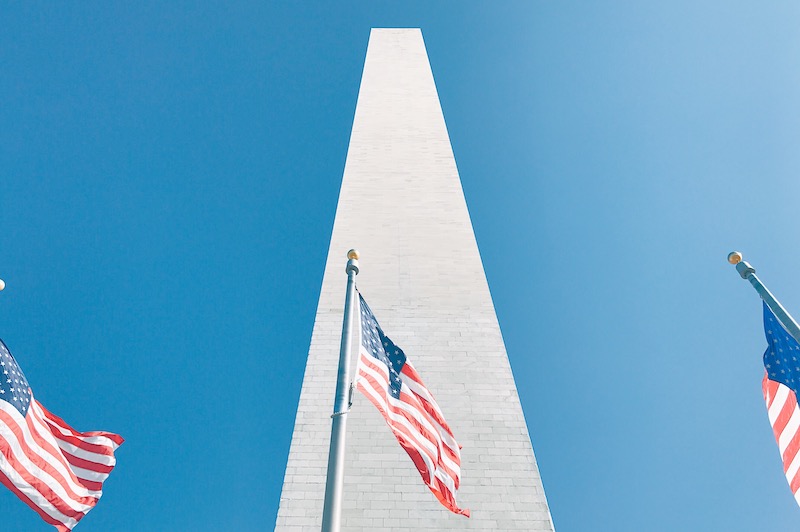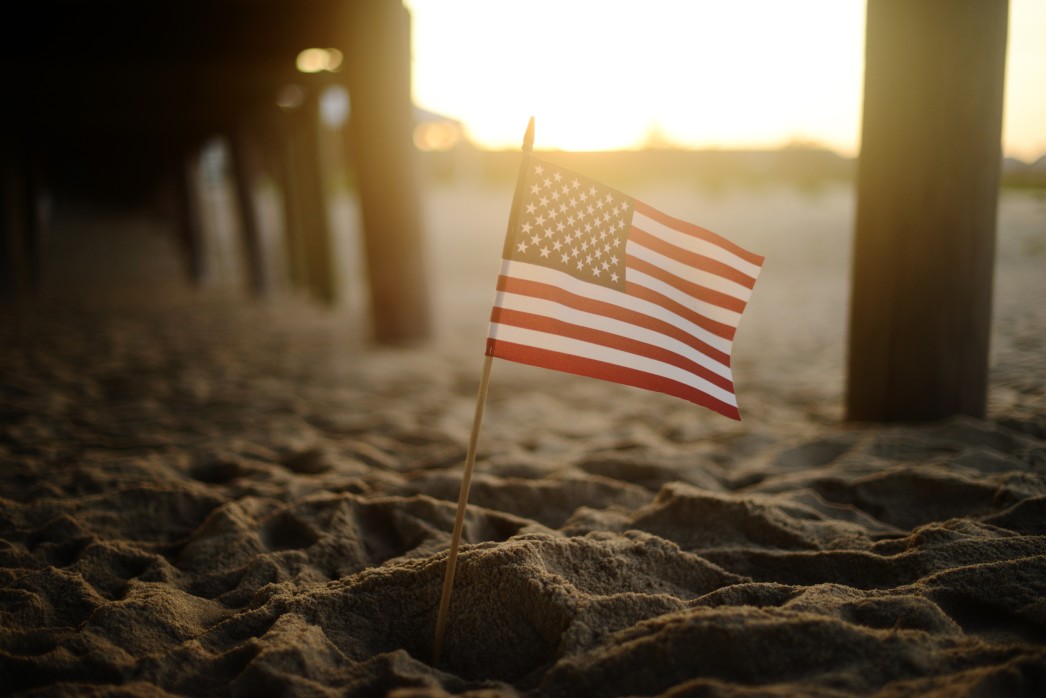Seventeen centuries ago, a child’s song recharted the life of one Saint Augustine of Hippo. “Tolle, lege,” the child sang, “Tolle, lege—take up and read.” Sitting under a fig tree, heavy with grief and fatigue, Augustine dragged himself to his feet and did as the child bid, picking up a Bible and opening it. What followed was a spontaneous, short, and solitary Bible study and the conversion of one of Christendom’s most enduring, prolific, and compelling personalities.
There’s a lot we can learn from Augustine, but from this particular story, one lesson that is high and chief is the fact that reading can be a radically transformative activity both for an individual and for a society. Indeed, in Augustine’s case, a bit of light reading changed a life and created a legacy.
And yet, over the last few decades in the United States, reading has been in steady decline. There are ever-diminishing numbers of people who read as a pastime, and, suffice to say, it shows. Today, there are many men and women with reading-shaped holes in their hearts and heads, and we are all reaping the consequences because as Editor and activist Alice Wong says, “Stories are the closest we can come to a shared experience.”
Without exposing ourselves to other people’s stories, we are confined inside our own heads, making it all too easy to dismiss or villainize people we don’t understand. No one is immune to this, no matter how intelligent, powerful, or otherwise prestigious. Indeed, the pitfalls of knowing only a single story—your story—are universally pernicious.
In Bob Woodward’s book RAGE, General Mattis was asked how he perceived then President Trump’s ability to foster and maintain peace, and Mattis responded in the negative, commenting on, of all things, President Trump’s reading: “He has no mental framework or mode for these things. He hasn’t read, you know.”
When it comes to peace-keeping and relationship building, vincible ignorance is a death blow, and sealing ourselves inside hermetic bubbles ensures there will be whole swathes of things that we will simply never know. That’s what makes reading so important. It makes the bubble of our own lived experience porous, allowing us to slip inside another person’s head, see the world through their eyes, and share in their experiences. It is a practice which pays tremendous dividends, not the least of which is that, according to neurological studies, reading actually makes us more empathetic.
And yet, reading is work—hard work. There’s no getting around that, and if our aim is to read well, Sparknotes and skimming are not going to cut it.
Dr. Karen Swallow Prior’s On Reading Well contends that “Speed-reading is not only inferior to deep reading… ‘it gives you two things that should never mix: superficial knowledge and overconfidence.’” Combined, superficial knowledge and overconfidence lay the foundations for being a bully and a tyrant, or at the very least, they make a person downright obnoxious. And thus, speed-reading and skimming ought not to be our modus operandi when it comes to how we read. Instead, we should endeavor, as Dr. Karen Swallow Prior argues, to read virtuously by “reading closely, being faithful to both text and context, and interpreting accurately and insightfully.” In doing so, she contends that we will grow in both patience and prudence, building habits of the mind and heart that affect not only how we read but who we are. Truly, when it comes to moral formation, reading, that is, reading well, is a good place to start.
For Christians, this should come as no surprise. After all, the belief that reading—that words—can touch and even completely transform a life is baked into our belief in Jesus Christ.
John 1:14 tells us He is “The Word made flesh,” God incarnate, and Poet and Priest Malcolm Guite has well said that “We are logoi, little words in the mouth of the Logos, the Great Word.” We live, and move, and have our being in a word-based and word-backed universe, and thus, when we take the time to read, we’re not only becoming more empathetic and learning to live more virtuously, we’re brushing up against divine reality.
Choosing not to read, then, is a decision with cosmic, indeed, eternal consequences, and we should shudder at the prospect of Jesus looking at us in the end and asking, as He once did, “Have you not read?” Like the Pharisees of old, we will be without excuse, our tongues heavy laden with explanations of all the things, apart from reading, which we chose to do. And thus, it behooves us now–today–to consider what kind of people we want to be, and if the answer is empathetic, virtuous, and Christ-like, we ought to take up and read.



